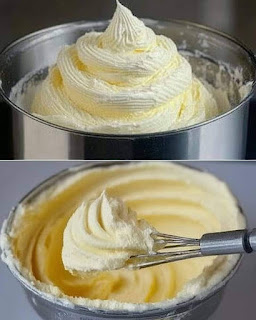Prepare the egg yolks. In a mixing bowl, whisk the egg yolks until smooth.
Add the dry ingredients. Gradually whisk in the remaining sugar, cornstarch, and salt. The mixture should be thick and pale.
Temper the eggs. Slowly pour a ladle of the hot milk into the egg mixture while whisking continuously. This process prevents the eggs from curdling.
Step 3: Cook the Pastry Cream
Combine and heat. Pour the tempered egg mixture back into the saucepan with the remaining milk.
Cook until thickened. Cook over medium heat, whisking constantly. The cream will begin to thicken after a few minutes. Ensure it reaches a pudding-like consistency.
Remove from heat. Once thickened, take the saucepan off the stove.
Step 4: Add Butter and Flavoring
Incorporate butter. Stir in the softened butter, one tablespoon at a time, until fully melted and integrated.
Add the vanilla. Mix in the vanilla extract, or substitute with your chosen flavor enhancements for a unique twist.
Step 5: Strain and Chill
Strain for smoothness. Pass the pastry cream through a fine-mesh sieve into a clean bowl to remove any lumps.
Cover and cool. Cover the cream with plastic wrap, pressing it directly onto the surface to prevent a skin from forming. Allow it to cool to room temperature before refrigerating.
Using Pastry Cream in Desserts
Éclairs and Cream Puffs: Pipe chilled pastry cream into pre-baked choux pastry shells.
Fruit Tarts: Spread a layer of pastry cream into a pre-baked tart shell, topping it with fresh fruit.
Layer Cakes: Use as a filling between cake layers for an indulgent treat.
Danish Pastries: Dollop into the center of unbaked pastries before baking for a creamy finish.
Storage Tips for Pastry Cream
Refrigerate: Store in an airtight container in the refrigerator for up to 3 days.
Freeze: While freezing is not recommended for standalone pastry cream, it can be frozen when incorporated into baked goods.
Troubleshooting Pastry Cream
Lumpy Texture: Strain the cream to remove lumps. Consistent whisking during cooking helps avoid this issue.
Runny Cream: Cook longer until the desired consistency is reached. Be patient, as the thickening process requires time.
Skin Formation: Always cover the surface with plastic wrap during cooling to prevent this.
